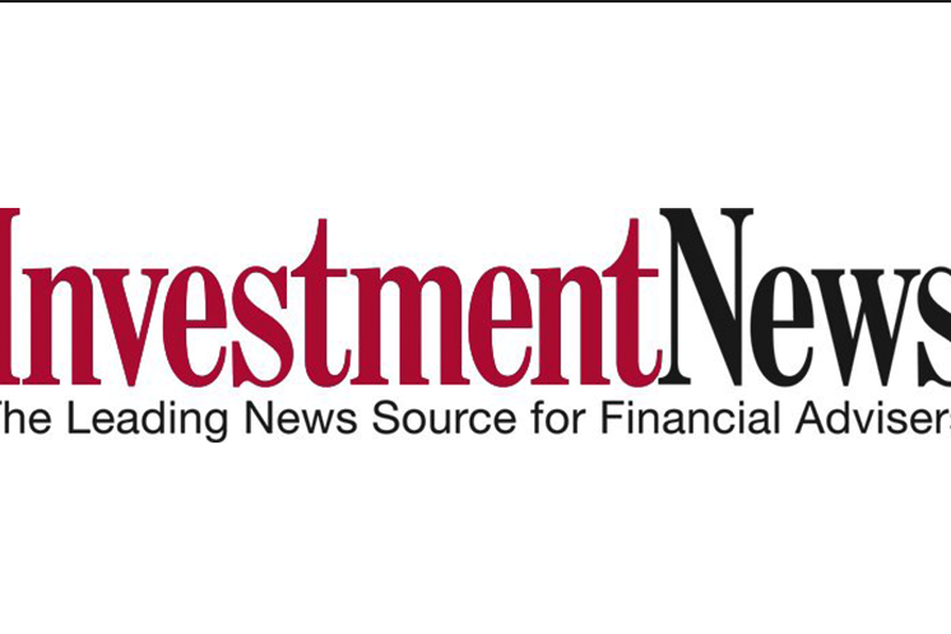Among the survivors, Islamic investing

After the attacks on the World Trade Center and the Pentagon, the telephones fell silent, says Phelps McIlvaine, whose company advises two mutual funds geared toward Muslims.
“To be honest, it was a little scary,” says Mr. McIlvaine, vice president and director of Saturna Capital Management in Bellingham, Wash.
The company was in the middle of a marketing effort to convince brokerage houses to list the funds among their offerings. But after the attack, “for about three weeks, it was just a tomb,” he says.
Mr. McIlvaine’s worst fear was that no broker would touch the funds. But that fear never materialized.
“People that we were talking with before are now saying, `Let’s pick up the conversation,”‘ he says.
By the time business returned to normal, however, the Islamic mutual funds had lost about 2.5% of their assets through redemptions. Even so, he doesn’t blame the terrorist attacks.
“I don’t see this as related to Sept. 11,” he says. “I see it as market driven because the stock market is the lowest it has been in three years.”
a deep breath
Saturna is one of many companies that make up the $100 billion market for Islamic-related financial services worldwide. Although some press reports predicted that the industry would encounter difficulty after the attacks, Saturna’s experience suggests otherwise.
“Right after Sept. 11, there was a lot of press saying that marketing Islamic products was going to be a difficult thing to do,” says Mr. McIlvaine. “The underlying demand for the product may have taken a collective deep breath, but the need and demand for the product is still there,” he adds.
Saturna advises the Amana Growth and Amana Income funds, with combined assets of $41.5 million.
The income fund escaped the attacks relatively unscathed, but the growth fund was hit with $1.1 million in net redemptions, the bulk of which occurred after Sept. 11.
One investor alone was responsible for a half-million-dollar withdrawal, Mr. McIlvaine says.
The attacks notwithstanding, the funds’ returns reflect the economic slowdown.
As of Oct. 25, the Amana Income Fund was down 13.79% year-to-date and down 15.06% for the 12-month period. For the month of October, it had $210,000 in purchases and $220,000 in redemptions.
The Amana Growth Fund was down 20.25% year-to-date and down 23.98% for the same 12-month period. It had $215,000 in purchases and $336,000 in sales in October.
Over the last 12 months, however, the fund had net purchases of more than $3 million.
“Given these numbers, you could hardly say that our Muslim clients are running away to hide their assets in their mattresses,” adds Mr. McIlvaine.
Rude calls
Customers of Azzad Asset Management Inc. in Falls Church, Va., were initially concerned about the attacks’ effects on their investments, says F. Scott Valpey, chief investment officer of Azzad, the investment adviser for the Islamic-related Azzad Mutual Funds.
Mr. Valpey says that his firm did experience some redemptions, but they were not significant. He declined, however, to disclose the figures.
Omar Haydar, director of fund operations for Allied Asset Advisors Inc., which also advises the Dow Jones Islamic Index Fund in Burr Ridge, Ill., says that his firm has not experienced any backlash in the wake of the Sept. 11 attacks.
“Other than a couple of rude calls, we haven’t experienced anything,” he says.
Mr. Valpey credits the Bush administration and the media for limiting the backlash against Muslims.
If anything, the attacks have created a greater awareness about the American Islamic community, Mr. Valpey says.
Estimates on the size of the Muslim population in the United States range from 6 million to 12 million people, and financial services companies are recognizing the economic clout of that market.
In 1997, Brown Brothers Harriman & Co. launched a global Dow Jones Islamic Fund in the Middle East. The company is now working on introducing an Islamic investment product for the U.S. market.
As early as the end of this year, HSBC Bank will roll out consumer banking products that will include mortgage loans that comply with Islamic law restrictions on the payment of interest.
Citibank proved itself to be ahead of the game when in 1996 it opened Citi Islamic Bank E.C. in the Middle East (citiislamic.com). It has been offering Islamic investment products since 1981.
“Islamic banking and investment products are booming. Sept. 11 will not derail the process. If anything, it’s going to accentuate it. Products sell not because of their religious angle, but because of their overall appeal,” says Mr. McIlvaine.
Learn more about reprints and licensing for this article.




